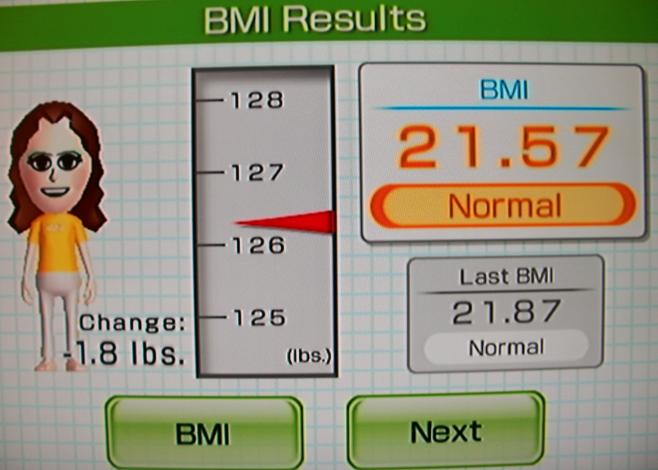BMI Isn't The Best Way To Gauge Your Health
Dec 11, 2013 19:14

A lot of people think that the number of your Body Mass Index is still the best way to indicate whether you are at a healthy weight or not. But according to the health experts, while BMIs may provide you with a more flattering look at your health situation, there's a lot of other things that need to be considered as well:
BMI (Body Mass Index) is not a highly accurate measure of obesity. That being said, its more complimenting than anything. BMI has a high rate of false negatives (obese people actually being classified as normal or overweight) encroaching on 50% in some studies, particularly among females. The amount of false positives seen with BMI (non-obese persons with enough lean mass to be classified as obese) is surprisingly small; less than 5% in men and 1% in women according to one study.
These "false positives" are likely occur more often in men since they have more muscle mass. So even if you find yourself on the higher end of the BMI range, don't take comfort in such a rating. If you're serious about getting healthy, it's best to consult a physician to find out if you need an adjustment in the level of your physical activity and your diet.[Examine]







































































